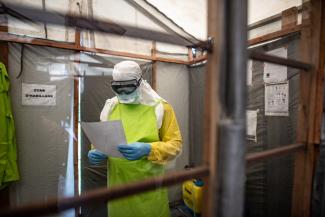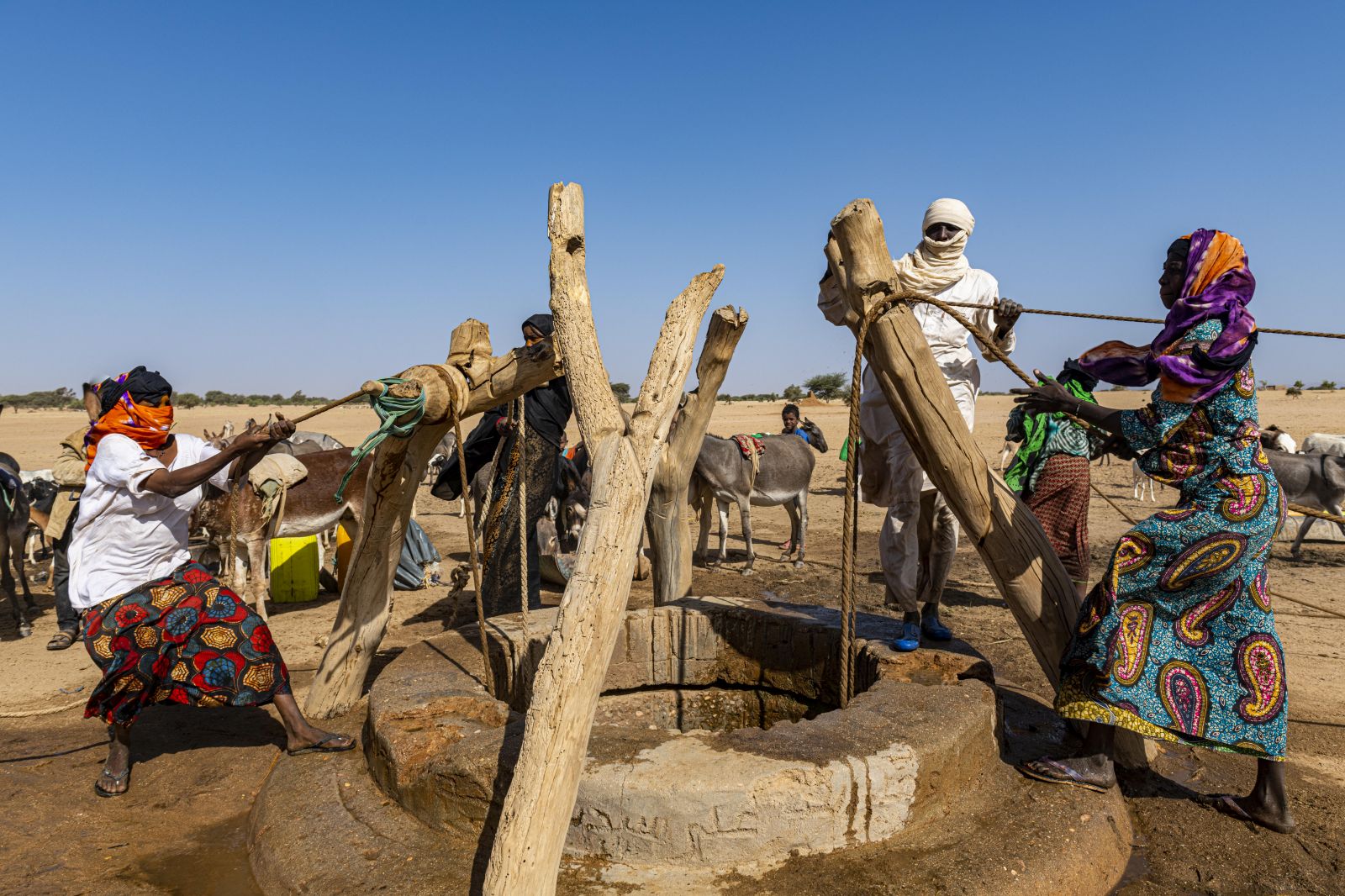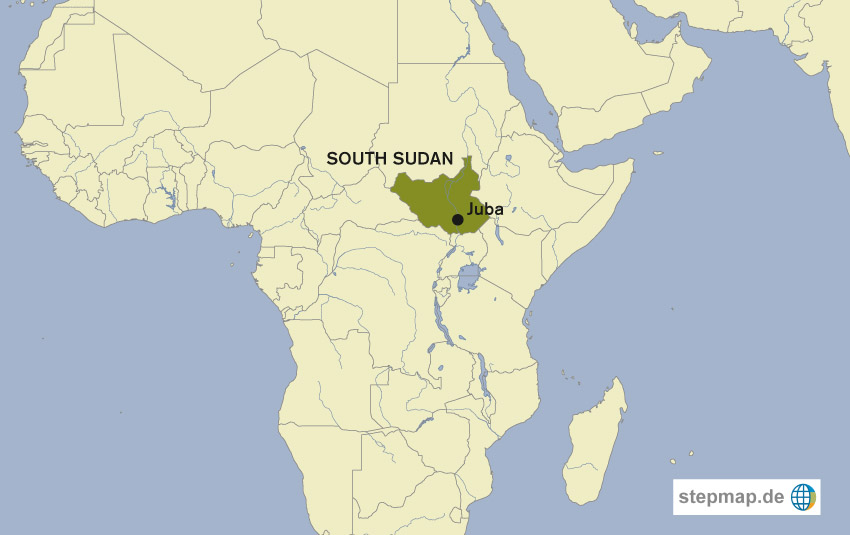Ebola and Covid-19
Lessons learned from Ebola and Covid-19

More than seven years ago, Central and West Africa were struck by an Ebola epidemic. It killed more than 11,000 people in Sierra Leone, Liberia and Guinea (see Shecku Mansaray in Focus section of D+C/E+Z e-Paper 2020/02). Just two years later (in 2018), a new Ebola outbreak was declared in the Democratic Republic of the Congo (DRC). More than 2,200 people died. The World Health Organization (WHO) declared an end to this outbreak in November 2020, but the celebration was short lived with new Ebola cases recorded in both the DRC and Guinea in early 2021.
The resurgence of Ebola cases in the DRC is further complicated by the Covid-19 pandemic. By early May 2021, nearly 30,000 confirmed cases and 768 deaths had been reported to the WHO. Testing is limited, however, so the actual numbers are likely much higher. Problems are exacerbated by the ongoing conflict and the growing concerns of food security. Food prices have been surging as severe hunger has spiked, partially due to pandemic related lockdowns. Even before the Covid-19 pandemic, more than 60 % of people in the DRC lived in poverty and one in four persons (almost 19.6 million people in total) depended on humanitarian aid. It is useful that an Ebola vaccine now exists, but in difficult context, much more is needed to stem the spread of this disease.
In challenging circumstances, numerous international NGOs, including the International Rescue Committee (IRC), are delivering life-saving services to people in need. Among other things, we are supporting the local health system by:
- upgrading infrastructure,
- training health workers,
- strengthening the pharma medical supply chain,
- boosting health information management and disease surveillance and
- providing support to contain outbreaks such as Ebola and Covid-19 through infection prevention and control (IPC) measures.
Programmes focused on conflict reduction and economic reconstruction are important too, and so are services to support survivors of violence.
Six essential insights
With health programmes in more than 30 countries, the IRC has extensive experience managing disease outbreaks, including Covid-19, Ebola, cholera, measles and others. Six key lessons must be considered when working on vaccine campaigns in conflict affected communities:
- Coordinate action across borders: A global pandemic cannot be fought with countries working on their own. Governments, UN agencies, researchers, the private sector and NGOs must coordinate, sharing information and expertise in a joint response. In regard to both Covid-19 and Ebola, national governments should work together to develop vaccination programmes and policies that include refugees and other vulnerable population groups, regardless of their legal status. The response to polio in East Africa, for example, demonstrated that coordination with cross-border agencies is essential. At the same time, other life-saving humanitarian services remain as important as vaccines to addressing the pandemic.
- Use digital systems: Digital resources play an increasingly important role, not only in medical care but also in managing disease outbreaks and vaccination campaigns. In Uganda and Somalia, for example, mReach – a mobile platform – helped health workers track the vaccination status of children and take appropriate action if they missed a dose. Geocoding and maps have made it even easier to track people’s vaccination status and remind them of upcoming appointments.
- Do not neglect mental health: Our experience in DRC and in many other places shows the toll crises can have on a person’s mental health and wellbeing when illness, fear and anxiety become part of daily life. People worry about their future and their own survival. Covid-19 lockdowns compounded the problem with adults unable to work and children prevented from attending school. Moreover, we have also seen the impact of stigma on mental health when Ebola survivors and their families faced social isolation. Similar things have happened during the Covid-19 pandemic with misinformation and fear running rampant. Mental health and psychosocial support must therefore be core components of the health response from the very beginning of any crisis.
- Address gender inequality: Crises affect men and women differently. Women often take on caretaking roles. They also make up the majority of the global health-care workforce. Women are therefore disproportionately exposed. We have seen that crises can lead to increased violence against women and children. In fact, the IRC reported a shadow pandemic of gender-based violence across the Rohingya refugee camps in Bangladesh. As Covid-19 vaccines are now being rolled out, polling suggests that women may be more concerned about vaccine safety than men. One reason is misinformation about vaccinations potentially causing infertility.
- Engage communities: During the peak of the Ebola outbreak, communities and people were largely kept in the dark with minimal access to information about the disease, prevention and treatment. Coupled with existing mistrust of the government and institutions in general (including the United Nations), misinformation was rampant and allowed the disease to spread further. Unfortunately, we have seen similar failures in Covid-19 responses, with authorities sending mixed messages which undermined public trust. An effective response requires sources of information to be credible. One implication is that public-health experts must provide evidence-based messages and clear guidance. Any communication strategy, moreover, must consider the local context. People access information in different ways, and distrust is particularly strong in crisis regions. A one-size-fits-all approach cannot work in a worldwide pandemic. Engaging community leaders is particularly important and key to successful Covid-19 vaccine campaigns.
- Strengthen local health systems: Even as the global community responds to the urgent needs of a community, investments must be made to strengthen health systems. In many low-income countries, inadequate infrastructure, lack of equipment and supplies as well as a shortages of qualified health workers are common. Cold-chain and storage capacities are often limited, and as a result, over one-third of vaccine doses go to waste. To ensure Covid-19 vaccination campaigns are effective, investments must be made to ensure the doses can be safely and effectively transported to even the most remote areas. The COVAX Facility – set up to ensure equitable access to Covid-19 vaccines – estimates that at least $ 3 billion are needed to provide vaccines for a mere 20 % of the people living in the 92 low- and middle-income countries. Investments are now needed to train, prepare and support frontline health workers including community health workers. Last year, the IRC trained and supported nearly 30,000 health workers (including community health workers) around the world who played a critical role delivering life-saving health services to more than 30 million people across 32 conflict-torn countries.
There is no magic formula for ending a pandemic, but we do know the Covid-19 pandemic “will not end for anyone, until it ends for everyone”. The international community must heed the lessons from past experiences and work together to ensure an effective and equitable response to this pandemic.
Mesfin Teklu Tessema is a medical doctor and leads the Health Unit at the International Rescue Committee (IRC).
IRC.Deutschland@Rescue.org
www.RESCUE-DE.org












